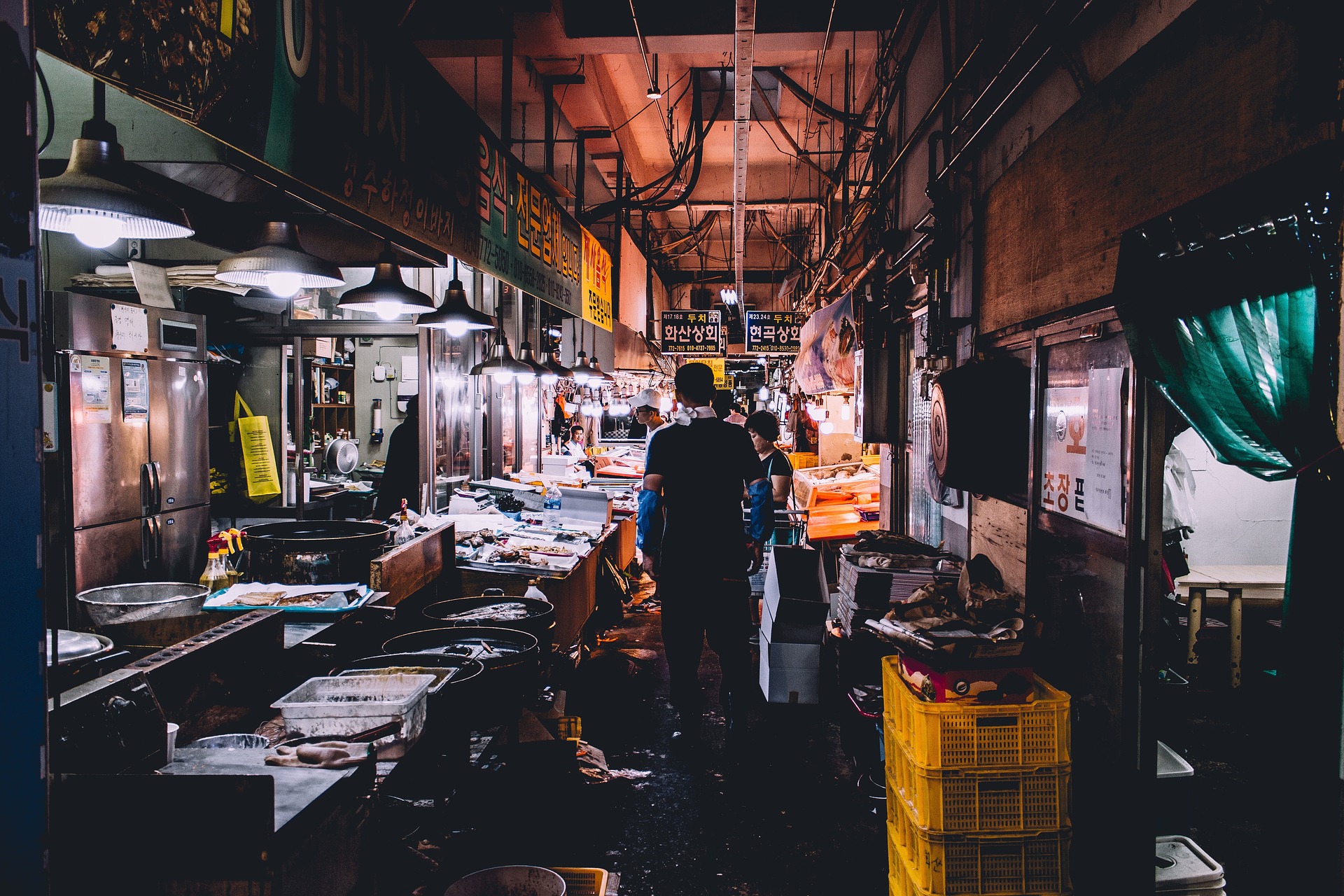News release
From:
Expert Reaction
These comments have been collated by the Science Media Centre to provide a variety of expert perspectives on this issue. Feel free to use these quotes in your stories. Views expressed are the personal opinions of the experts named. They do not represent the views of the SMC or any other organisation unless specifically stated.
Dr Jun Wen is a Lecturer in the School of Business and Law at Edith Cowan University with a research specialty in Chinese tourism.
A wet market refers to a marketplace selling fresh meat, fish, and other perishable goods; and not all wet markets sell live animals. We know the COVID-19 outbreak may have begun at a wet market in Wuhan, and pangolins were a possible coronavirus host before the disease was transmitted to people. On February 24, 2020, the Standing Committee of China’s National People’s Congress passed the Decision on Completely Prohibiting the Illegal Wildlife Trade, Eliminating the Bad Habit of Indiscriminately Eating Wild Animals, and Truly Ensuring the Health and Safety of the People. The decision took effect on the same day.
Assuming this is the case, then I am unsure why the reopening of wet markets has gained controversial media attention. Media outlets and relevant public figures should therefore clearly understand the purposes these markets serve before discussing them in a way that could encourage continued public panic. Potentially misleading reports from the media and public figures will only exacerbate ongoing tensions around COVID-19.
Dr Petr Matous is from the University of Sydney's School of Civil Engineering. He is an environmental and humanitarian engineer who specialises in social network analysis and how infrastructure and technology affects local communities and the environment in developing countries.
Traditional food markets and wet markets play an import role in the food security of low-income communities in many parts of the world.
Abolishing wet markets may give the illusion of solving the cause of the current situation but the real problems are deeper than that.
Suboptimal agricultural practices, rapid demographic growth and migration drive land use change and put pressure on local ecosystems in a way that increases the risk of zoonosis emergence.
Rather than excessively focusing on wet markets alone, we need to reconsider our land use strategy and address poverty and inequality that drive people to informal settlements with inadequate infrastructure in general.
Currently the virus is being spread around the world by people who can afford international travel. The global humanitarian crisis will become much worse when the pandemic intensifies in more of the vast and dense informal neighborhoods in the megacities of the global South that have no adequate water supply and no space for social distancing.
It is in the self-interest of the world's wealthy to help upgrade the infrastructure and living conditions of less privileged regions, rather than just eliminating essential elements in the food supply chains of the local people, without a proper substitution.
Dr Duan Biggs is a Senior Research Fellow in the Environmental Futures Research Institute at Griffith University. His areas of expertise include governance of wildlife trade, Convention on the Trade in Endangered Species, sustainability, conservation, and complex social-ecological systems
Wet markets are varied and complex across the world and in East Asia. Some sell exotic wildlife, some don’t, some have excellent health risk management, others don’t.
Wet markets are an important source of fresh food and of livelihoods for millions of people in East Asia and around the world.
The COVID-19 crisis without doubt shows that the public health risks posed by these markets needs radical improvement in governance and management. In the face of COVID 19, It is understandable that around the world there are calls for shutting down all wet markets.
However, a complete ban is unlikely to be a sustainable solution to this risk – as earlier failed attempts at bans and shutdowns show. Instead, new policies and regulations need to incorporate scientific evidence together with consideration of different cultural perceptions and values towards wildlife, wildlife trade and consumption. This is more likely to lead to sustainable solutions and policies with local buy-in, in which risks to public health, animal welfare, and conservation are effectively minimised.
Associate Professor Phill Cassey is Head of the Ecology & Evolutionary Biology Department at the University of Adelaide
A 'wet market' is simply any market which sells fresh produce (animals and plants) and often including live (and/or freshly slaughtered) animals. In some parts of the world these markets include a staggering array of wildlife for both the exotic (and bushmeat) markets as well as the live cage/pet trade. Because they are poorly regulated, with very low or non-existent hygiene standards, and have massive densities of individual animals, and diverse species, they are 'hot-beds' for the emergence and transmission of existing and novel zoonotic (animal -human transferable) diseases. While there are still opportunities for zoonotic diseases to emerge elsewhere, these markets are an extremely fertile arena for them.
The wildlife trade (for animal and plant derivatives, traditional medicines, luxury exotic items, and live pet trade) is a multi billion dollar transnational market, which greatly threatens global biodiversity, environmental security, and biosecurity - through the dual overharvesting of species and loss of habitat, and the introduction of invasive alien species and pathogens/diseases. Despite considerable global conservation and environmental policing attention the illegal (and unregulated) wildlife trade has continued to grow and flourish. It is possible that the increased attention on wet markets could provide leverage to scrutinise this trade and provide better protection to biodiversity and critically endangered species and habitats - but not if we go back to pre-COVID conditions and habits.



 Australia; NSW; VIC; QLD; SA; WA
Australia; NSW; VIC; QLD; SA; WA


